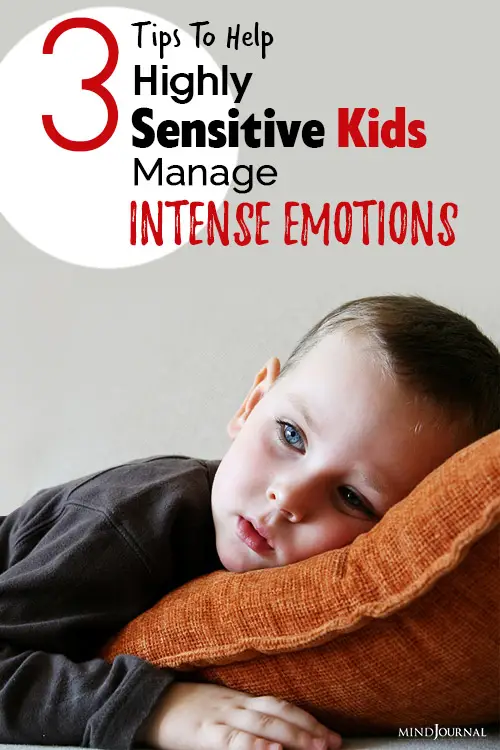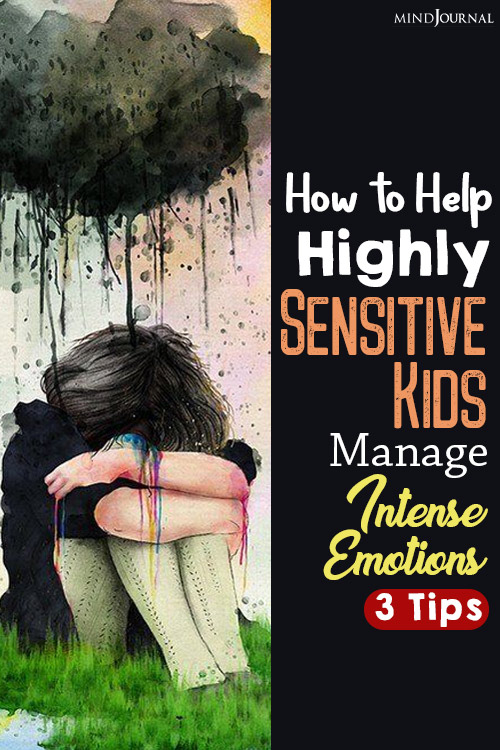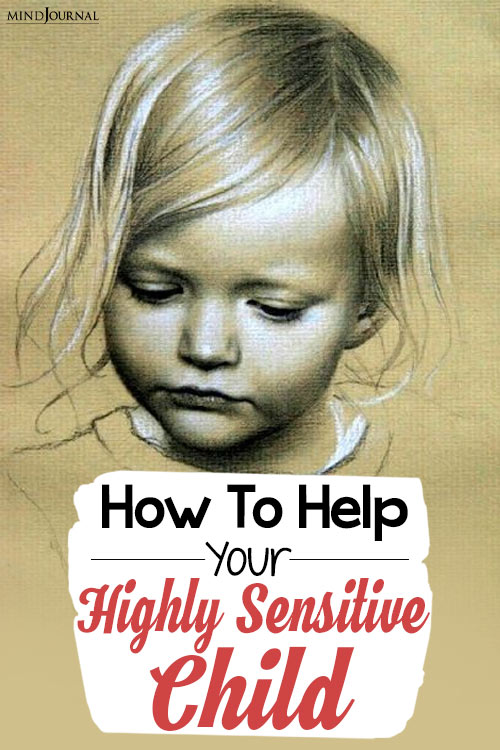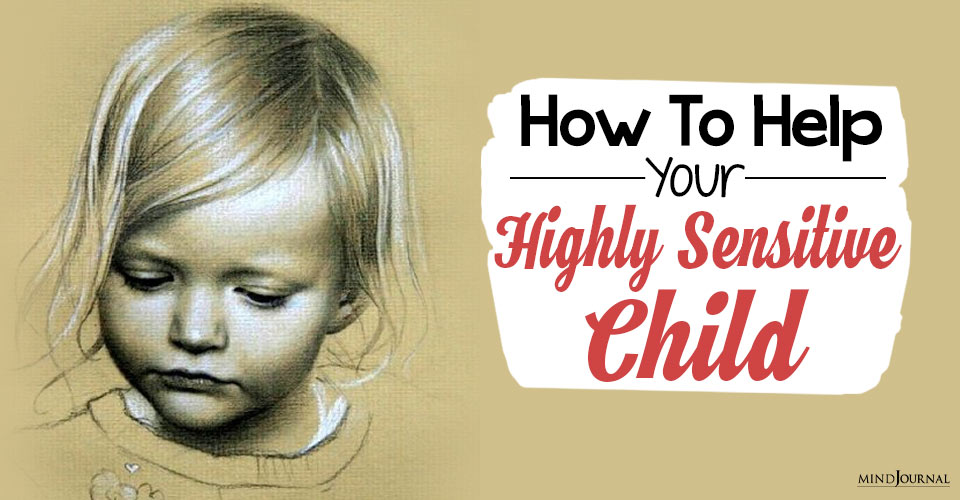Do you have highly sensitive kids and wish to help them manage their emotions and feelings? So, here’s how you can communicate more effectively with your child and be an understanding parent. Let’s take a look at how to help highly sensitive children.
It starts with managing your own reactions.
Natalia reminds her daughter, Olivia (4), that her dad, Luis, is leaving in a few days to go away for the weekend. Olivia starts physically pushing her mom as she blurts out, “Don’t say that mommy!” She then turns to her dad and shouts at him: “Go away right now! It’s time for you to leave this house!”
Olivia’s reaction is confounding to Natalia and Luis. Why would she be telling Luis to leave—early no less—when she is so distressed at the thought of being separated from him? Wouldn’t Olivia want to keep dad close?
While seemingly irrational, looking at it from Olivia’s perspective, her rejection of Luis is a way to gain control of a situation that she has no control over. The old, “I’ll reject him before he rejects me” defense mechanism at work. Olivia is not being mean or hurtful on purpose. She is trying to cope with a stressful situation in the only way she knows how.
Olivia’s reaction upon Luis’ return from his trips away from home is also confusing when taken at face value: Olivia ghosts him. She is cold and refuses to engage with him for a full day or two. This, again, is a common reaction in highly sensitive kids.
It takes a lot of psychic energy to adapt to a separation from a loved one. When mom or dad returns, highly sensitive kids need time to let that person back in and feel safe to reconnect.
How To Help Highly Sensitive Children
3 Tips To Help Highly Sensitive Kids Manage Intense Emotions. What you can do to support your highly sensitive child:
1. Don’t Interpret And React To Your Child’s Behavior At Face Value

Don’t interpret and react to your child’s behavior at face value. When children say hurtful things, it’s important not to take them literally. Kids are just expressing their sadness, frustration, anger, or fear in the only way they know how.
When you respond with anger or hurt, it is confusing to them because they don’t literally mean what they do or say. A big, emotional reaction only fuels your child’s distress.
Related: 6 Effective Ways To Earn Your Child’s Respect
2. Remain Calm And Try Not To Get Reactive Yourself.
While I know this is easier said than done, when we get revved up, it tends to increase children’s distress, leading to more out-of-control behavior. Young children are driven by emotions and are irrational by nature.
When they lash out, it is their way of saying they are overwhelmed and are having a hard time coping. The more you react to their behavior, the more you reinforce it. When you remain calm, your child is likely to settle down more quickly.
She needs you to be her rock when she is unraveling. Accordingly, Natalia holds Olivia in a bear hug—to prevent her from being able to use her body in a harmful way—as she whispers: “You don’t like it when Daddy goes away. You have really big feelings about that. We will help you cope.”
Related: 13 Positive Phrases To Calm Your Child
3. Acknowledge And Validate The Feelings That Are Driving Your Child’s Behavior.
Look for the underlying meaning and respond to that. Luis tells Olivia: “I know it’s hard when Daddy goes away. I totally understand. I miss you, too, when I’m not with you.” Helping your highly sensitive child understand her emotions—the drivers of her behavior—is especially important. That is what ultimately reduces the need for her to act out her feelings.
Related: 23 Alarming Red Flags Of Sensory Issues In Kids That Most Parents Miss
When Luis returns from trips, he gives Olivia space. He lets her know how happy he is to see her and that he understands that she might need some time to reconnect—no problem.
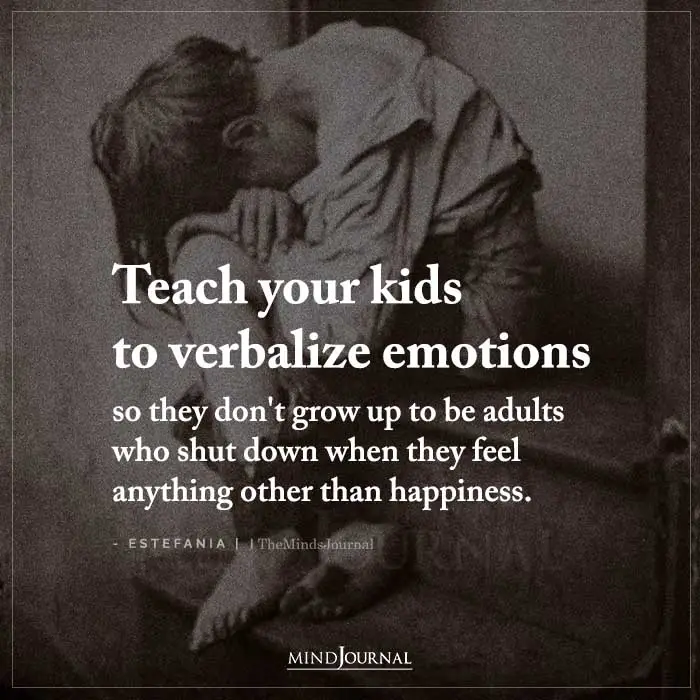
Daddy is here and can’t wait to hug her and play with her again. Luis picks up toys he knows Olivia loves and starts playing with them, wondering aloud about how they work: “Hmm, I forget where the button is to make this train go.” This loving and sensitive response results in Olivia moving closer to Luis and reconnecting with him more quickly.
Are you the one dealing with a highly sensitive child? Let us know how these tips helped you reconnect with your child in the comments section below.
Written By: Claire Lerner Pre-order her book coming out 9/2021: Why is My Child in Charge? Originally Appeared On: Psychology Today Republished With Permission
